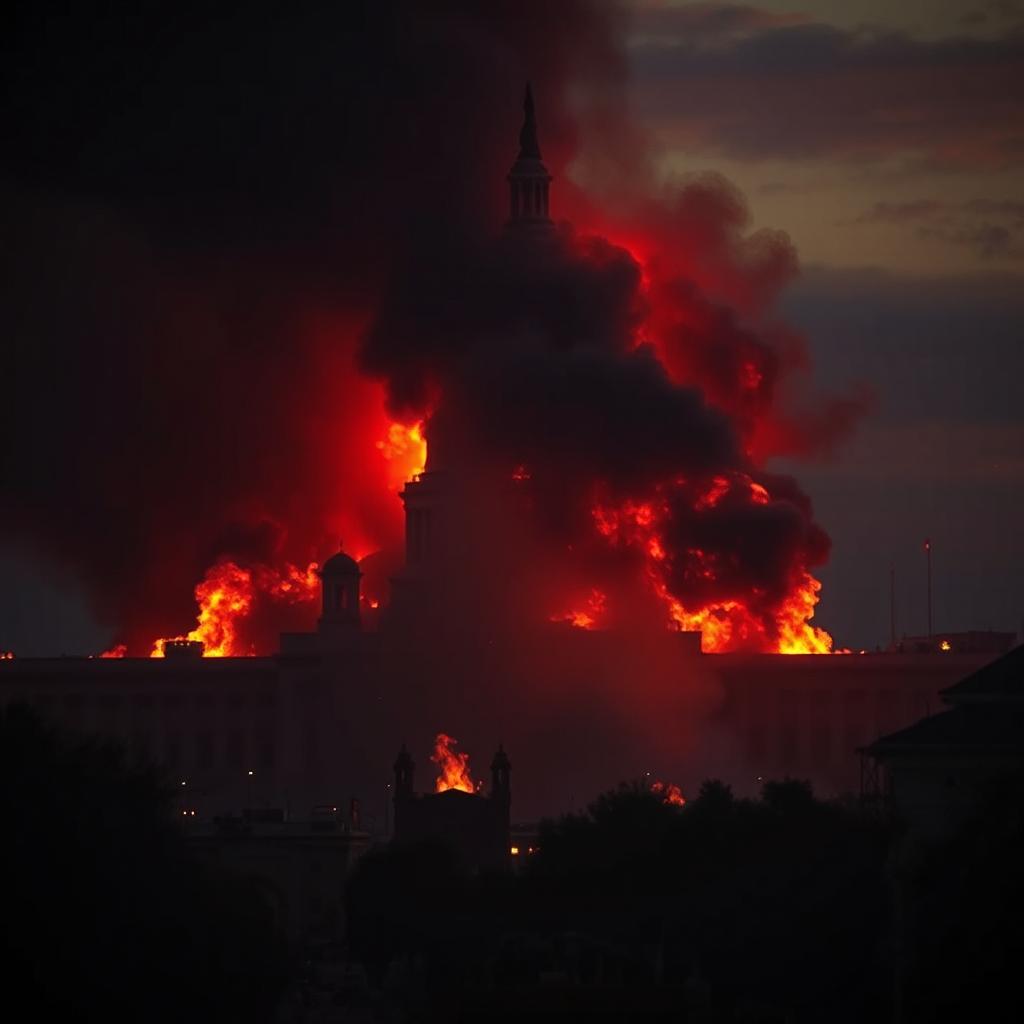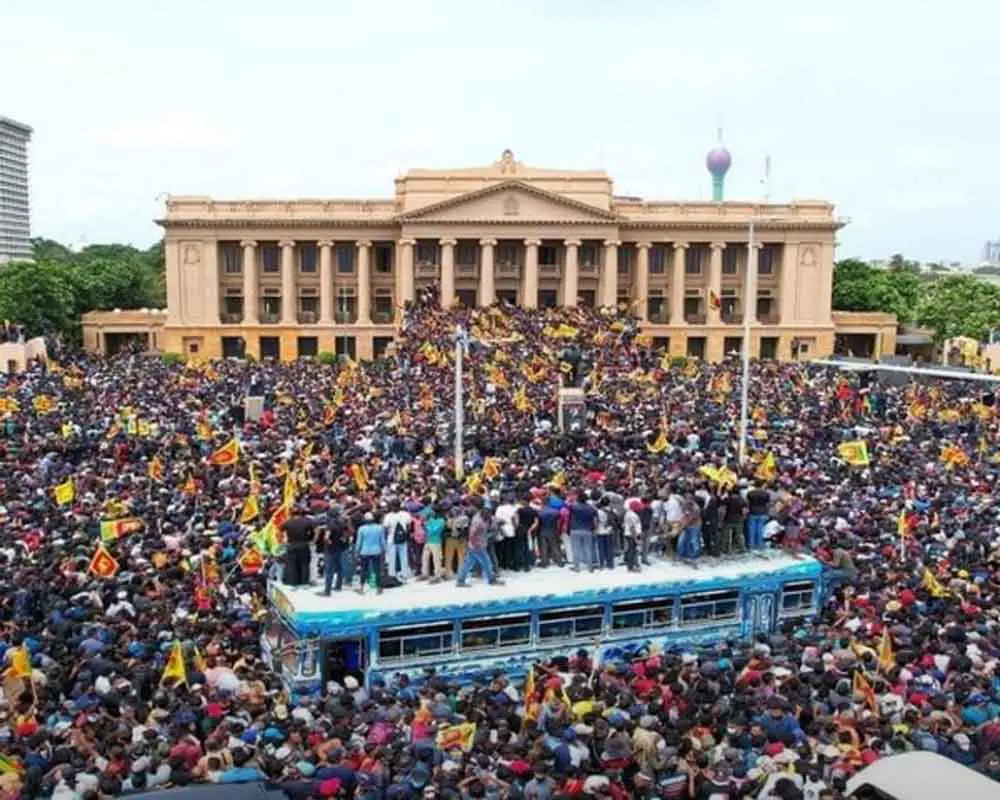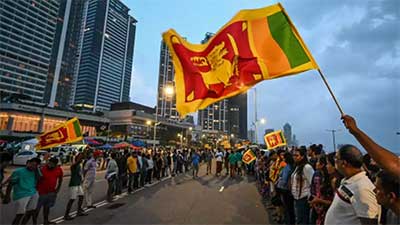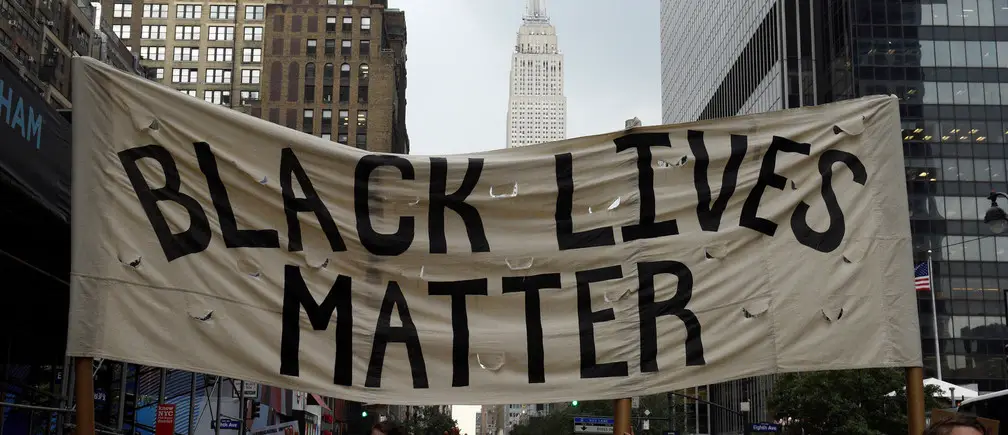Introduction
On January 6, 2021, a group of supporters of then-President Donald Trump stormed the United States Capitol in an unprecedented attack on the democratic process. This event was the culmination of weeks of misinformation about the 2020 presidential election, which Trump falsely claimed was stolen. The riot not only disrupted the certification of President Joe Biden’s victory but also raised serious questions about the state of democracy in the United States. This article explores the events leading up to the riot, the incident itself, its aftermath, and its implications for American democracy.
The Build-Up: Misinformation and Polarization
In the months leading up to the Capitol riot, the United States experienced heightened political polarization. After losing the 2020 election, President Trump and many of his supporters propagated false claims of widespread voter fraud. These claims were amplified by social media platforms, leading to a significant section of the American public believing that the election results were illegitimate.
Trump’s rhetoric intensified in the days leading up to January 6, culminating in a rally where he urged his supporters to march to the Capitol and “fight like hell.” This incendiary language set the stage for the violence that would ensue.
The Riot: A Breach of Democracy
On January 6, as Congress convened to certify the electoral college results, a mob of Trump supporters descended on the Capitol. They breached security barriers, clashed with law enforcement, and vandalized offices, resulting in widespread chaos and destruction. The rioters displayed flags and symbols associated with extremist groups, further complicating the narrative of a politically motivated protest.
The security response was criticized for being inadequate, as many law enforcement agencies were caught off guard by the scale of the attack. During the riot, lawmakers were evacuated, and the certification process was halted for several hours. Tragically, several individuals died as a result of the violence, and many others were injured.

The Aftermath: Accountability and Reflection
In the aftermath of the riot, the nation grappled with the implications of what had occurred. The FBI launched investigations to identify and prosecute those involved in the violence, leading to thousands of arrests over the following months. The event prompted discussions about domestic terrorism and the rise of extremist groups within the United States.
The House of Representatives impeached Trump for a second time, charging him with “incitement of insurrection.” The impeachment trial in the Senate ultimately acquitted Trump, but the political ramifications were significant. The event further polarized the political landscape, with many Republican lawmakers expressing support for the rioters, while others condemned the attack.
Implications for Democracy
The Capitol riot raised profound questions about the health of American democracy. It exposed vulnerabilities in the electoral process and the need for robust protections against misinformation. The event prompted discussions about the role of social media in spreading false narratives and the responsibility of tech companies to regulate harmful content.
In the wake of the riot, there has been a push for electoral reform to restore faith in the democratic process. Legislative measures to secure voting rights, improve election security, and combat misinformation have gained traction as lawmakers seek to address the issues highlighted by the events of January 6.
A Call for Unity and Healing
As the nation moved forward, calls for unity and healing became paramount. Many recognized that addressing the deep divisions within society would be essential for restoring faith in democracy. Community dialogue, education, and outreach efforts aimed at bridging divides have emerged as potential paths toward reconciliation.
However, the challenges remain daunting. The continued spread of misinformation and the resurgence of political extremism threaten the very foundations of democracy. As the United States reflects on the events of January 6, it must confront these challenges head-on and work toward a more inclusive and resilient democratic system.
Conclusion
The Capitol riot of January 6, 2021, stands as a stark reminder of the fragility of democracy. It underscored the need for vigilance, accountability, and unity in the face of division and misinformation. The events of that day will have lasting implications for American politics, and as the nation moves forward, it must learn from the past to safeguard the future of democracy.















